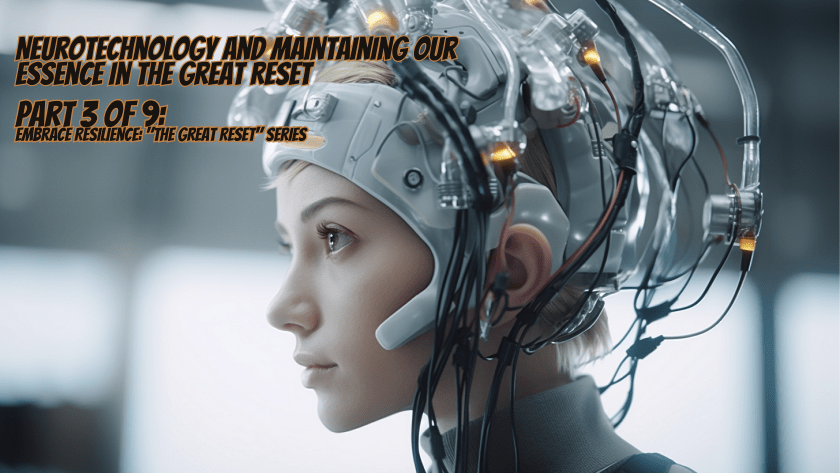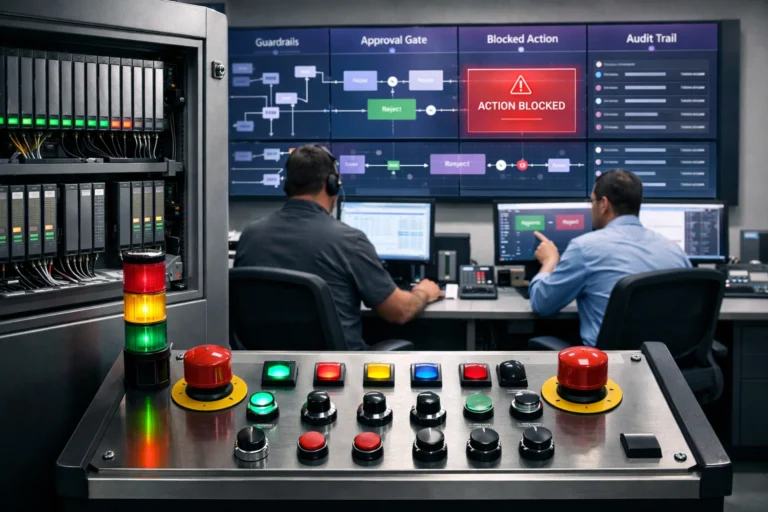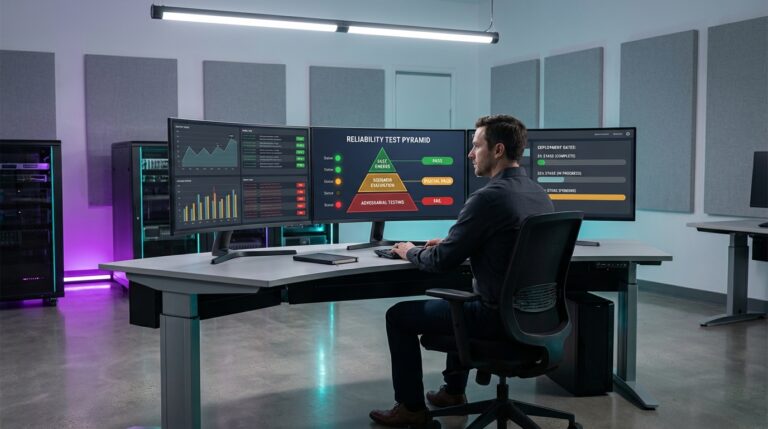Neurotechnology like Neuralink promises transformative benefits for human cognition and neural rehabilitation by directly interfacing brains with machines, but raises critical ethical concerns about privacy, safety, and the preservation of human identity. Technology leaders must prioritize education and ethical frameworks to ensure these powerful tools enhance rather than compromise our humanity as this frontier rapidly advances.
Introduction:
In the rapidly advancing world of technology, science fiction is becoming reality. As a fan of the Matrix movies, I’ve always been fascinated by the blurring lines between reality and virtuality. In this era of “The Great Reset,” neurotechnology emerges as a pivotal player, creating powerful interfaces between the human brain and machines. While the potential benefits are immense, it is crucial to balance technological advancement with the preservation of our humanity. Join me as we explore the ethics of neurotechnology, emphasizing the importance of education and readiness for this fascinating realm.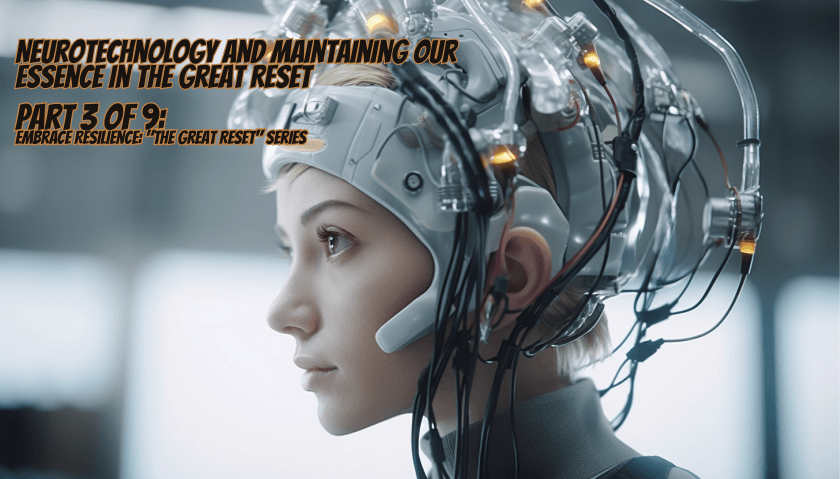
‘What is real? How do you define ‘real’? If you’re talking about what you can feel, what you can smell, what you can taste and see, then ‘real’ is simply electrical signals interpreted by your brain.’ – Morpheus, The MatrixThis quote captures the transformative potential of neurotechnology. By enabling direct interaction between our thoughts and the environment, it opens up new possibilities for improving human cognition, rehabilitating neural disorders, and enhancing our interactions with the digital world. Neurotechnology is redefining our understanding of the human brain and its capabilities.On this frontier, Artificial General Intelligence (AGI) represents an ambitious facet of AI that goes beyond specialized tasks, emulating human intelligence in learning, adapting, and implementing knowledge. The implications of AGI are enormous, potentially enhancing problem-solving and efficiency. However, its advent also raises significant ethical and societal concerns, including job displacement and the risk of surpassing human intelligence.What are the potential benefits and drawbacks of neurotechnology? Artificial General Intelligence for human cognition? Rehabilitation of neural disorders? Interactions with the digital world?
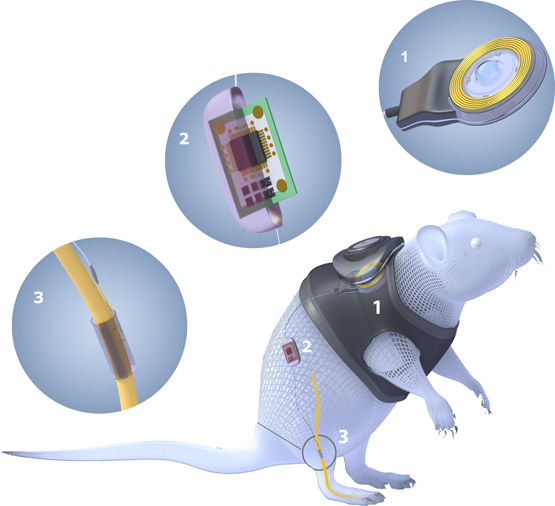
Navigating the Neuralink
Neuralink, led by Elon Musk, is a leading innovator in neurotechnology. With a mission to merge the human brain with AI, Neuralink envisions a future where humans can interact with digital devices using only their thoughts. Augmented Reality implants in our eyeballs or even contact lenses could transform the way we interact with the world. The company is developing ultrathin electrodes that interface with neurons in the brain, offering cognitive benefits such as restoring eyesight, limb function, hearing, and memory.However, Musk’s vision evokes both admiration and skepticism. The invasive nature of the Neuralink procedure, involving the implantation of processors into the brain, raises safety concerns. Ethical implications, privacy issues, and potential misuse of this technology are topics of rigorous debate. In this new era of thought-driven machines, how can we ensure the preservation of our core essence: our thoughts, emotions, and spirit?Downloading the Future: A Glimpse into the Matrix
Imagine a future where learning a new language, mastering a musical instrument, or becoming proficient in martial arts could be achieved in seconds. As a lover of learning, the idea of downloading knowledge directly into the brain is incredibly exciting. However, we must also consider the ethical implications of such technology. This is not a far-fetched science fiction concept but a potential reality in the world of neurotechnology. Drawing inspiration from the Matrix series, where characters download knowledge and skills directly into their brains, we can envision a similar future.In the Matrix, Neo learns Kung Fu not through years of rigorous training but through a program downloaded directly into his brain. While this may seem like pure fantasy, advancements in neurotechnology are bringing us closer to such possibilities. With brain-computer interfaces, we are beginning to unlock the vast potential of the human brain.Consider the implications of such technology. Barriers to learning would be significantly reduced, and knowledge could be rapidly shared and acquired, leading to unprecedented advancements in science, arts, and culture. The learning process could be personalized to each individual, accommodating different learning styles and paces.However, as with any powerfultechnology, the ethical implications are significant. Who would have access to this technology? How would we ensure the security of our personal thoughts and experiences? How would rapid learning affect our appreciation for the process of learning and the value of hard work and perseverance?As we stand on the brink of this exciting frontier, it is crucial to navigate these questions with care. The potential benefits are immense, but so are the risks. Moving forward, we must ensure that the development and use of neurotechnology align with our values and serve to enhance, rather than undermine, our shared humanity.What Are the Privacy and Ethics Challenges of Neurotechnology?
From Musk’s standpoint, the rise of AI is an inevitability. He suggests an impending intelligence gap between humans and AI akin to that between humans and chimpanzees. His statement, “If you can’t beat ’em, join ’em,” advocates a future where integrating with AI might be necessary for our survival. In the immediate future, however, Neuralink is focused on addressing severe brain injuries.As we progress toward this brave new world, we must advocate for ethical use and robust privacy protections. Developing appropriate ethical frameworks, setting standards, initiating government programs, ensuring oversight, and determining liabilities will be crucial in shaping the ethically guided design of neurotechnologies. This will require collaboration between policymakers, researchers, and the public to establish a comprehensive legal and regulatory framework.IEEE Neuroethics Framework
Safeguarding Humanity: Education, Human Rights, and the Future
As neurotechnology becomes more integrated into society, it is essential to consider its impact on childhood education, human rights, and the preservation of our shared humanity. Education plays a vital role in preparing future generations to navigate the ethical and social implications of neurotechnology. By incorporating discussions on neuroethics, privacy, and informed consent into the curriculum, we can foster a responsible and knowledgeable approach to the use of these technologies.Furthermore, the protection of human rights becomes paramount in the age of neurotechnology. Safeguards must be in place to prevent the misuse of personal neural data, ensure equal access to neurotechnological advancements, and protect individuals from coercion or manipulation. Upholding the principles of autonomy, privacy, and dignity is essential to maintain our humanity in this rapidly evolving landscape.How Do We Navigate the Ethics of Neurotechnology?
Failure to establish robust ethical frameworks and safeguards can lead to a dystopian future where the essence of humanity is compromised. In a world driven solely by profit, with unchecked use of neurotechnology, inequality and discrimination could flourish. Uncontrolled manipulation of thoughts, emotions, and behavior may erode individual freedom and privacy. On the other hand, if evil were to prevail and exploit this technology, we could find ourselves in a world where free will is a thing of the past, and our thoughts and actions are controlled by others. Therefore, making the right choices now is imperative to prevent such a future.On the other hand, embracing the full benefits of neurotechnology within a carefully regulated framework can usher in a positive transformation for humankind. It can enhance cognitive abilities, enable new forms of communication, and improve the quality of life for individuals with neurological disorders. By prioritizing ethical considerations, we can harness the potential of neurotechnology to empower and uplift humanity.In Conclusion- Driving the Ethics of Neurotechnology Into the Future
As we move forward in the era of neurotechnology, it is crucial to strike a delicate balance between technological advancement and the preservation of our human essence. By promoting ethical use, safeguarding privacy, and ensuring a comprehensive legal framework, we can embrace the potential benefits of neurotechnology while upholding our values and protecting our shared humanity. As a believer in God and his perfect design for humanity, I believe that we should utilize our technology as a tool to better mankind, but also be smart enough to keep it safe. What we are working with is very technical which means while it has the potential for producing amazing outcomes it also bears the risk of dramatic and scary consequences if we do not come together and implement the technology ethically and carefully!Join us in the conversation on the responsible use of neurotechnology. Let’s work together to ensure that our technological advancements are in line with our values and respect the essence of humanity. By promoting ethical use, safeguarding privacy, and ensuring a comprehensive legal framework, we can embrace the potential benefits of neurotechnology while upholding our values and protecting our shared humanity. Let’s keep our technology safe and beneficial for all. Stay tuned for more discussions on the importance of transparency in The Great Reset!Stay tuned for our next discussion on the advancements in robotics, UFOs, and the importance of transparency in The Great Reset!!!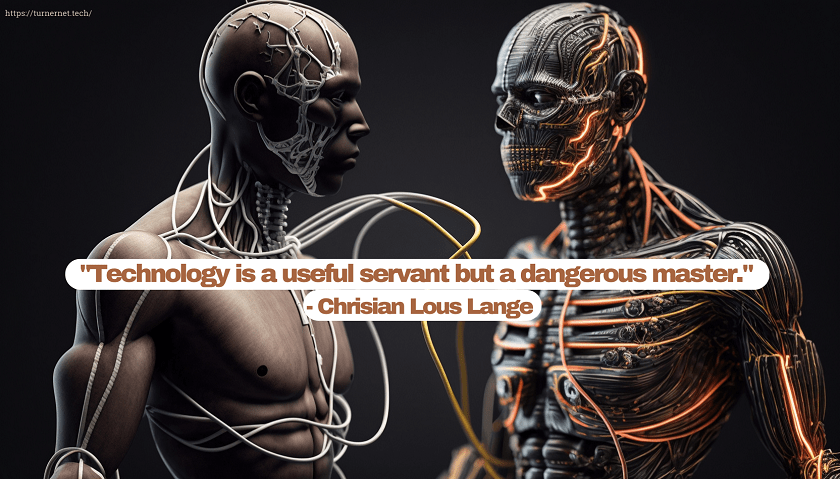 “Technology is a useful servant but a dangerous master.” Christian Lous Lange
“Technology is a useful servant but a dangerous master.” Christian Lous LangeThinking through the ethical dimensions of emerging technology? Let us talk.
The ethical questions raised by neurotechnology parallel broader challenges explored in the Great Reset series and the discussion of technology and values in a changing world.
